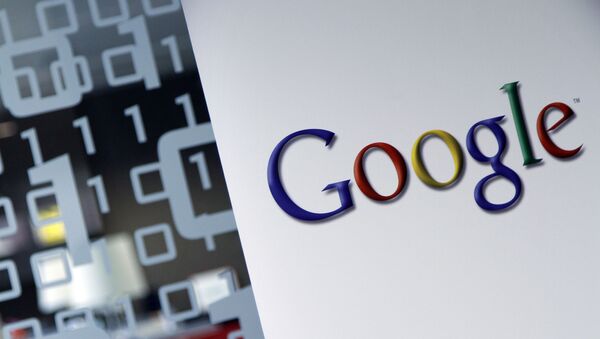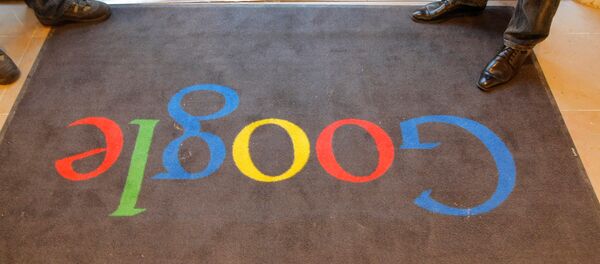In a paper published in Physical Review X journal, the scientists stated that the quantum computer is perfect for simulating the energies of complicated molecular structures, a goal either infeasible or hard to accomplish with so-called classical computers.
"While the energies of molecular hydrogen can be computed classically (albeit inefficiently), as one scales up quantum hardware it becomes possible to simulate even larger chemical systems, including classically intractable ones," Ryan Babbush, Google Quantum Software Engineer, wrote in the tech giant's blog.
To carry out the test, the researchers used an algorithm called a variational quantum eigensolver (VQE), a system that can ultimately model a human brain's neural network on a quantum level.
For the next step the scientists want to develop a more sophisticated quantum gadget that can calculate energies of large chemical systems. The successful results could lead to invention of new kinds of materials, improved batteries and flexible electronics.
As one of the probable options, the scientists will compute the process of nitrogen fixation that allows bacteria creating fertilizer out of air. The method humans use to accomplish this goal at the moment requires up to two percent of the world's energy annually.
But to reach the objective, the researchers concluded, a universal quantum computer is needed, which Google has yet to invent.



